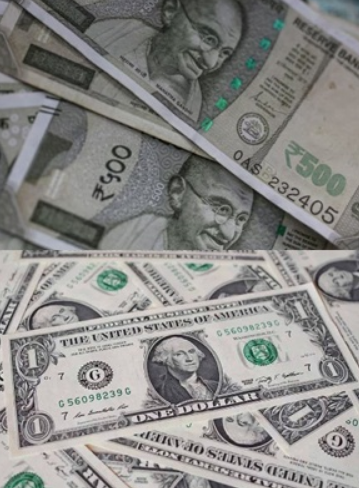New Delhi– The Reserve Bank of India’s (RBI) latest measures to promote the international use of the rupee are designed to reduce reliance on the U.S. dollar in cross-border trade and strengthen the Indian currency’s role in global markets.
On Wednesday, the RBI authorized dealer banks to extend trade-linked loans in rupees to Bhutan, Nepal, and Sri Lanka, easing these countries’ dependence on the dollar for settlement. For Sri Lanka, which faced a crippling dollar shortage during its 2022 financial crisis, rupee-denominated borrowing is expected to reduce pressure on its reserves. For India, the move creates a built-in demand for the rupee.
Analysts caution, however, that careful monitoring will be needed to prevent borrower nations from taking on rupee-denominated debt beyond their capacity to repay. The success of the initiative will also hinge on whether exporters and importers shift away from dollar invoicing toward contracts denominated in rupees.
The RBI also announced that it will provide transparent reference rates not only for major currencies such as the dollar, euro, yen, and pound sterling, but also for regional currencies like the Indonesian rupiah and UAE dirham. This move is expected to ease the “double conversion” problem faced by Indian exporters, who often invoice in dollars before converting into rupees and then again into the partner’s currency. Predictable benchmarks should help reduce transaction costs and risks, making rupee invoicing more attractive.
The policy aligns with India’s broader strategy of expanding rupee invoicing in energy trade, particularly with Middle Eastern suppliers such as the UAE, which is increasingly exploring alternatives to dollar-based oil settlements.
Another key step involves permitting balances in Special Rupee Vostro Accounts to be invested in Indian corporate bonds and commercial papers. This not only generates demand for rupee-denominated assets overseas but also supports the deepening of India’s relatively underdeveloped corporate bond market compared to China’s. It could also encourage surplus funds from countries like Nepal and Sri Lanka to remain anchored in India’s financial system, reinforcing regional economic interdependence. (Source: IANS)













